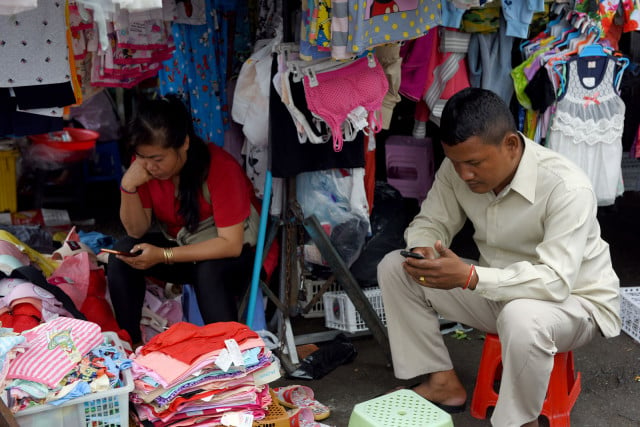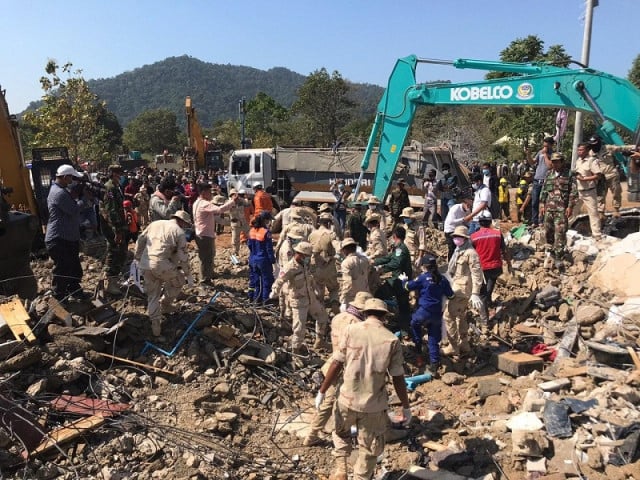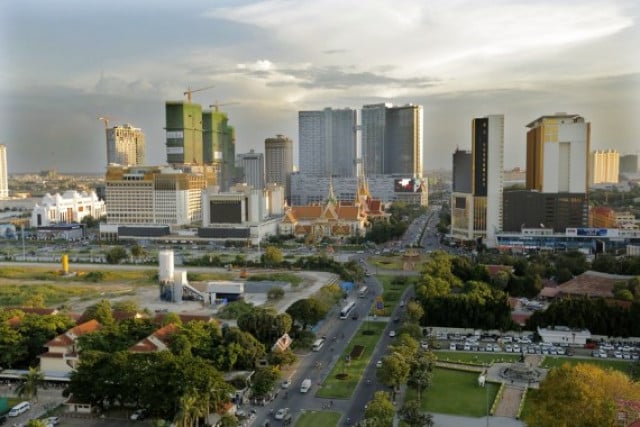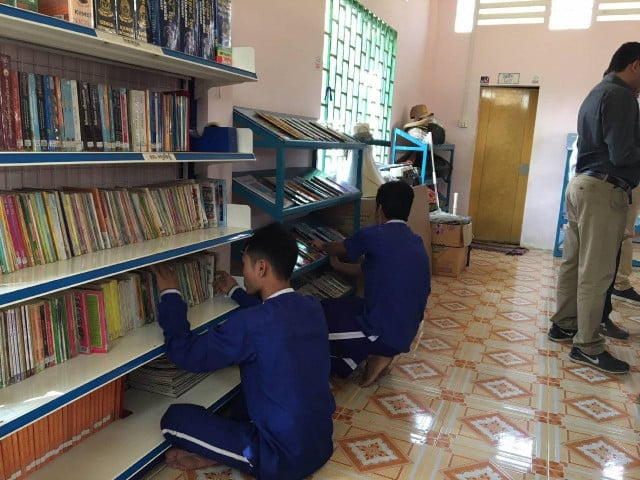Word of Mouth: Still a Powerful Media in Cambodia

- Cambodianess
- May 30, 2021 4:43 AM
While some communicators only swear by social media to carry their messages, the world’s oldest media has not yet said its last word.
According to a recently published study conducted by the analysis and consultancy service company Kantar on behalf of the Konrad Adenauer Foundation, direct meetings and face-to-face discussions remain an important information-transmission channel in Cambodia, especially in rural areas.
“Thirty-one percent of respondents cited their family, friends, or colleagues as their main source of information about current affairs, and 24% turned to their village chief to receive such information.
“This was slightly more pronounced in Kampong Thom where 51% and 47% respectively named the village chief and their families as their key source of information,” noted the authors of this study based on a representative survey conducted on a national scale in late 2020 involving 1,015 Cambodians, 16 to 64 years old, located in five main geographical areas, that is, Phnom Penh, plains, mountains, the Tonle Sap river and coastal areas.
Granted, this study confirms the preeminence of social media as the leading source of information for news for 79 percent of the people interviewed, followed by television (48 percent). The study also confirms that young people are the most likely—in 93 percent of the cases— to use social media.
But the good old discussions with one’s family, friends and colleagues at work remain a far from negligeable way to shape public opinion and relay information. As the commune elections will soon take place, this should encourage candidates to get in direct contact with voters.
The more so that this study, which also looked into people’s political behavior, showed that voters are influenced by how easily they can approach candidates, those candidates’ ability to obtain funding for the commune and the emphasis they put on direct and local action. “Candidates for political office are measured primarily on their ability to provide direct economic advancement to their communities,” the report read.
Voters plainly do not want hot air: They want concrete and visible things that they will be happy to advertise through word of mouth.















